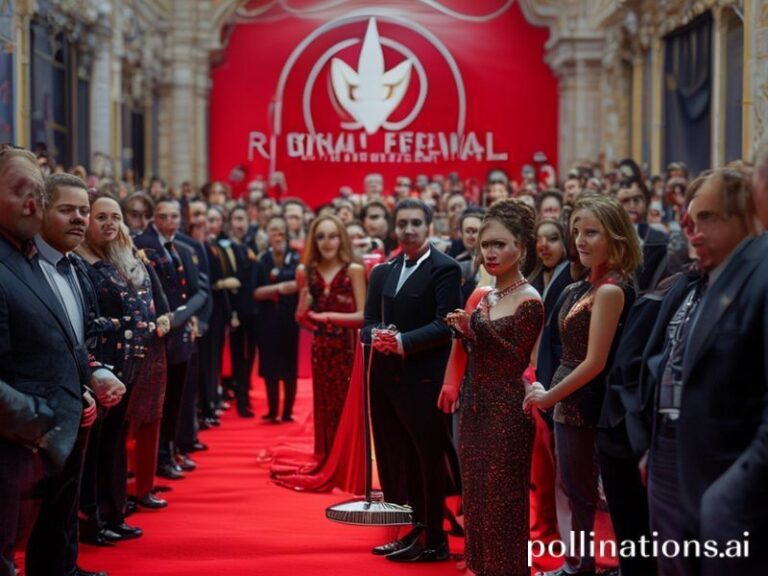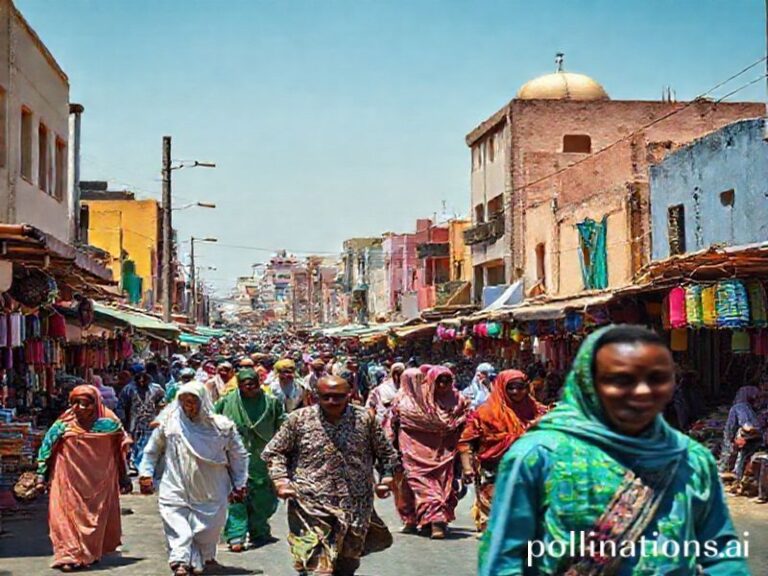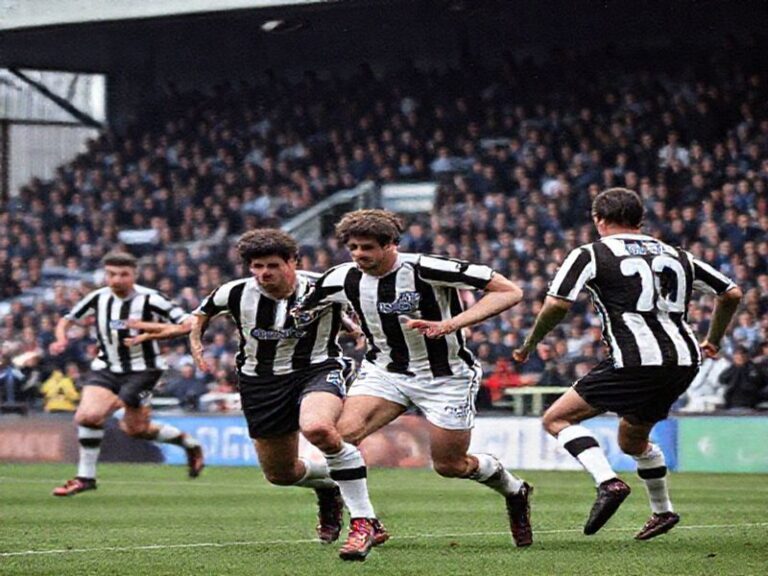Silver Lake Goes Global: How a Hipster Zip Code Became Capitalism’s Favorite Safe Word
Silver Lake: The Global Glitter That Isn’t Gold
By Our Correspondent, fresh off the redeye from Singapore with caffeine tremors and a lingering suspicion that the world is just one giant leveraged buy-out.
Somewhere between the traffic-clogged arteries of Jakarta and the ghostly emptiness of newly built Chinese districts, the phrase “Silver Lake” has become the polite euphemism for a very particular twenty-first-century affliction: the conviction that somewhere—preferably a palm-fringed shoreline or a warehouse full of servers—lies the last safe parking spot for capital before the apocalypse clock strikes midnight. Investors from São Paulo to Stockholm now invoke the name not as a geographical location in Los Angeles, but as shorthand for a loose archipelago of private-equity funds, tech incubators, and carbon-credit schemes promising 20 % IRR and a side of moral absolution.
Silver Lake, the actual neighborhood, is itself a tidy punch line. A decade ago it was where trust-fund anarchists brewed single-origin rebellion; today it hosts venture-capital colonists who’ve turned garage-band flophouses into “creative compounds” with biometric locks and subscription-based meditation yurts. The average bungalow now trades for the GDP of Fiji, proving once again that gentrification is just imperialism with better Wi-Fi.
But the brand has metastasized far beyond its sun-bleached streets. In Singapore, a Silver Lake–backed fintech app promises to “democratize” pre-IPO allocations—translation: letting dentists in Düsseldorf feel like Saudi sovereign-wealth funds for the low, low price of their retirement accounts. In Lagos, a start-up incubator wearing the Silver Lake halo advertises “scarcity-as-a-service,” which apparently means tokenizing Lagos traffic jams and selling them to hedge funds as volatility plays. Even the Swiss, who have elevated discretion to a national sacrament, now whisper about “Silver Lake structures” when they really mean “a Cayman sandwich with Irish-Dutch sauces and absolutely no calories for the taxman.”
The genius of the Silver Lake mystique is that it sells risk as a luxury good. Much like a limited-edition sneaker drop, the scarcity is artificial, the markup obscene, and the eventual landfill inevitable. Environmental, social, and governance metrics—now re-branded “planet-positive alpha”—are ushered into pitch decks with the solemnity of papal bulls, even as portfolios quietly rotate into defense contractors and offshore gambling platforms. After all, nothing says “sustainable” quite like a drone startup whose biggest client is a government currently bombing the same region where your carbon-offset mangroves are supposedly thriving.
Global regulators, bless their underfunded hearts, have responded with the urgency of a hung-over lifeguard. The EU’s latest taxonomy now recognizes “digital infrastructure” as green, provided the servers are cooled with recycled artisanal glacier water. Japan’s Financial Services Agency, still scarred from the 1989 bubble, has issued polite requests that Silver Lake-style funds please refrain from leveraging Shinto shrines. Meanwhile, the U.S. Securities and Exchange Commission continues to debate whether a cartoon dog on a blockchain constitutes a security, a utility, or performance art.
And yet, like moths to a very expensive flame, sovereign-wealth funds keep queuing up. Norway’s oil-stained billions, Australia’s iron-ore royalties, even Kuwait’s post-dinar stash—all are funneled into Silver Lake vehicles with the resigned fatalism of people who know the casino is rigged but figure at least the drinks are free. The implicit bet is that when the music stops, their chair will be bolted to the floor.
Conclusion: Silver Lake, whether as a postal code or a state of mind, is the global elite’s latest attempt to gentrify uncertainty itself. It packages doom in artisanal glass, slaps on a QR code, and ships it overnight to anyone with a Bloomberg terminal and a conscience in escrow. The lake may be shallow, but the reflections it offers are priceless: we are all investors now, paddling furiously toward whatever mirage promises to stay liquid just a little longer than the rest of us.







